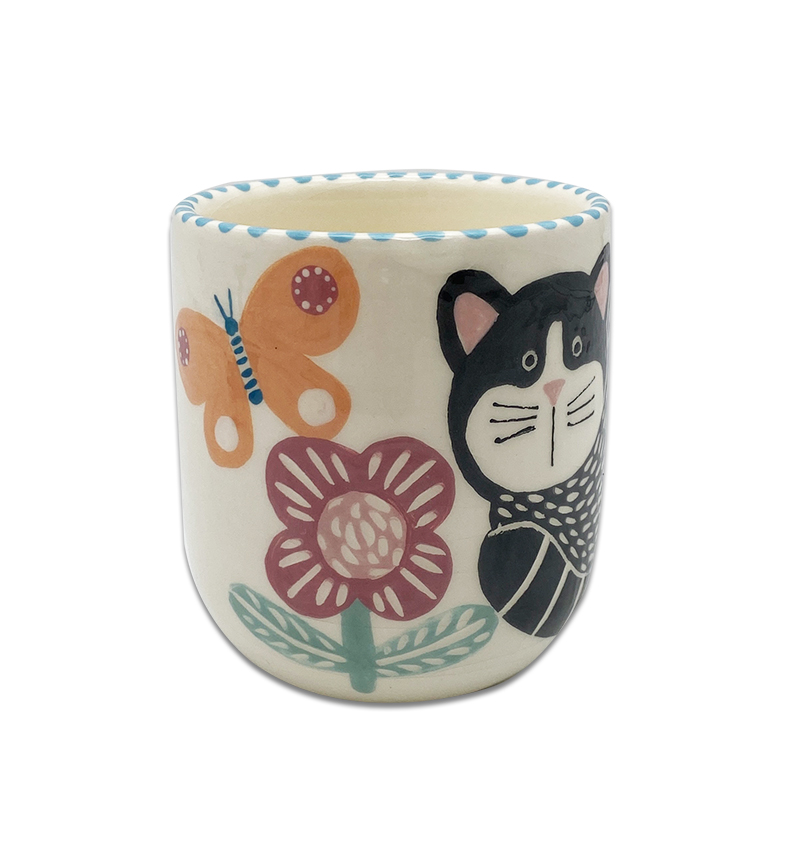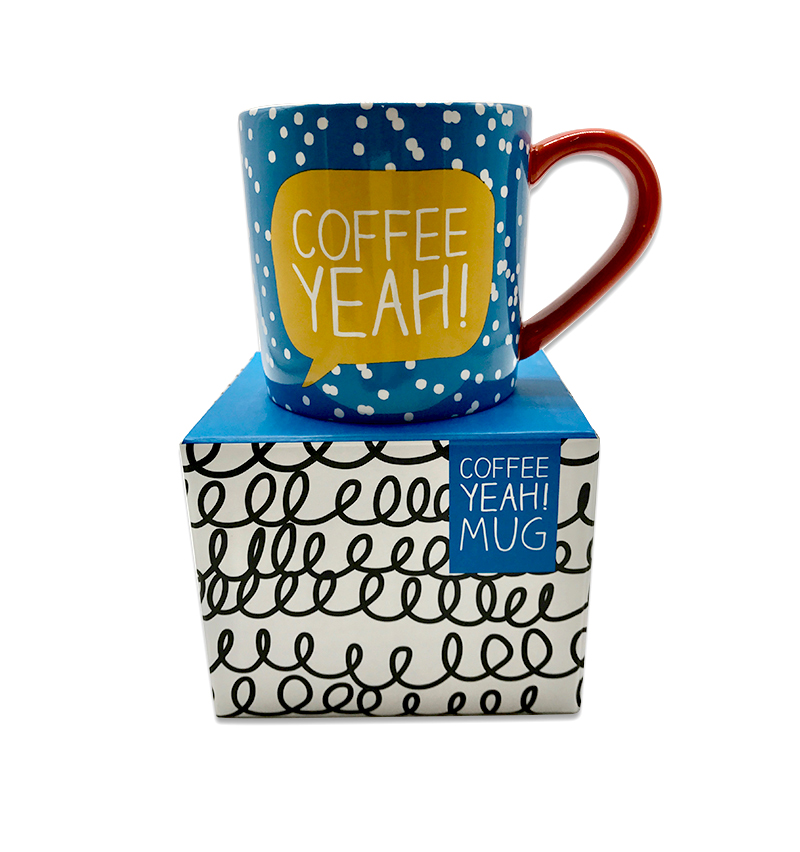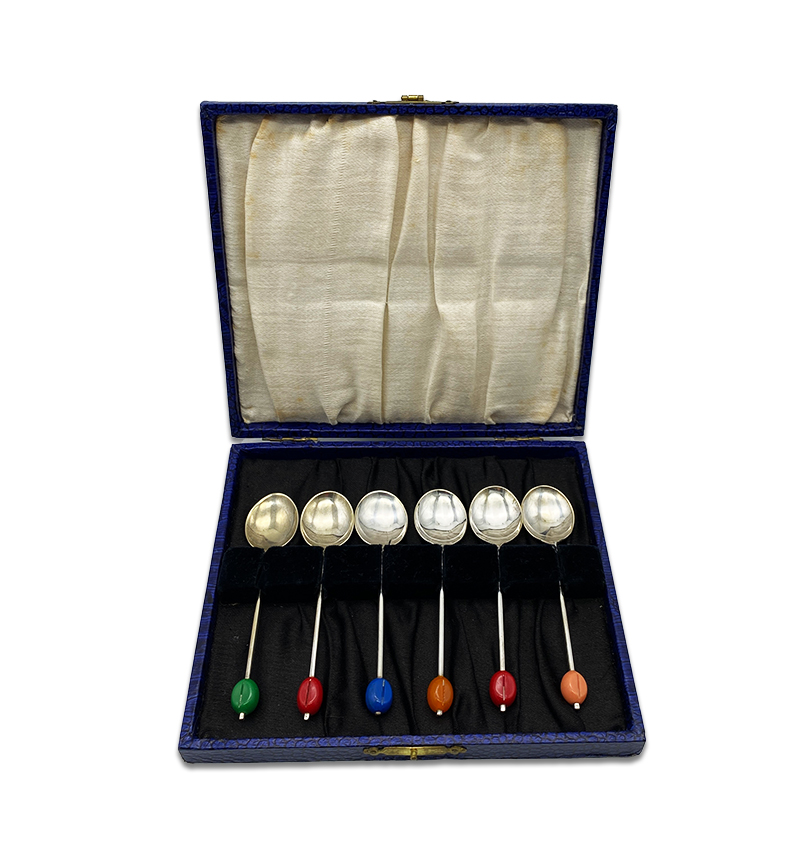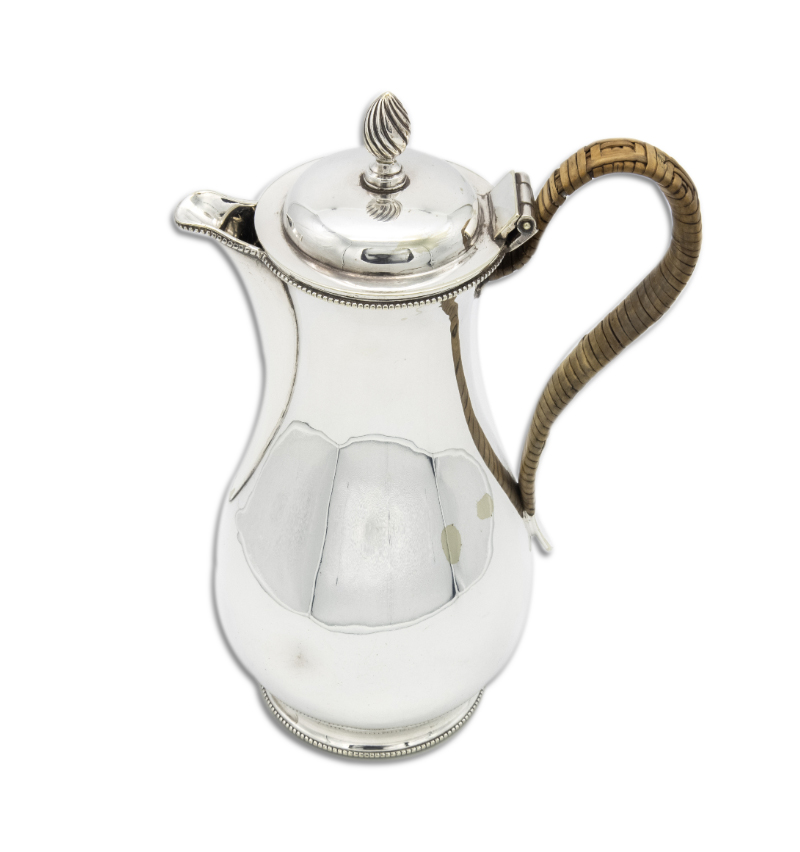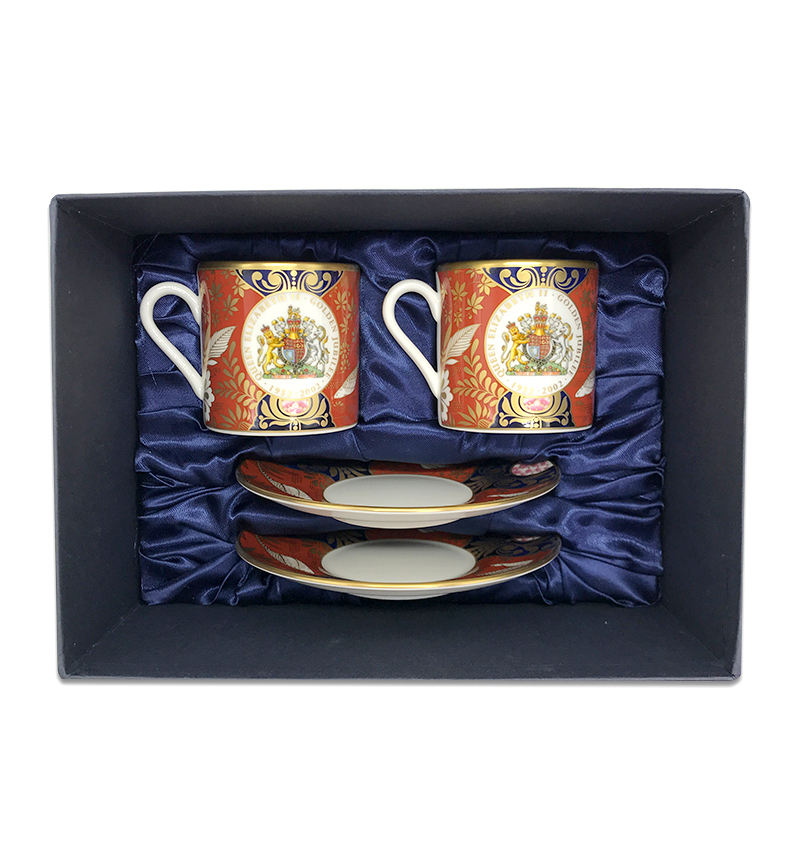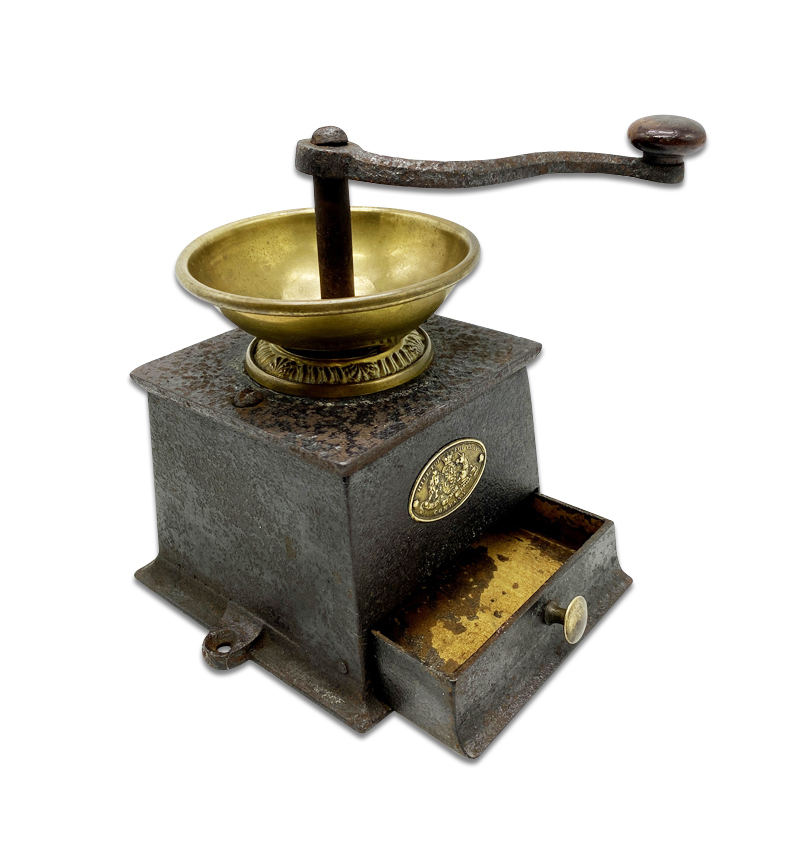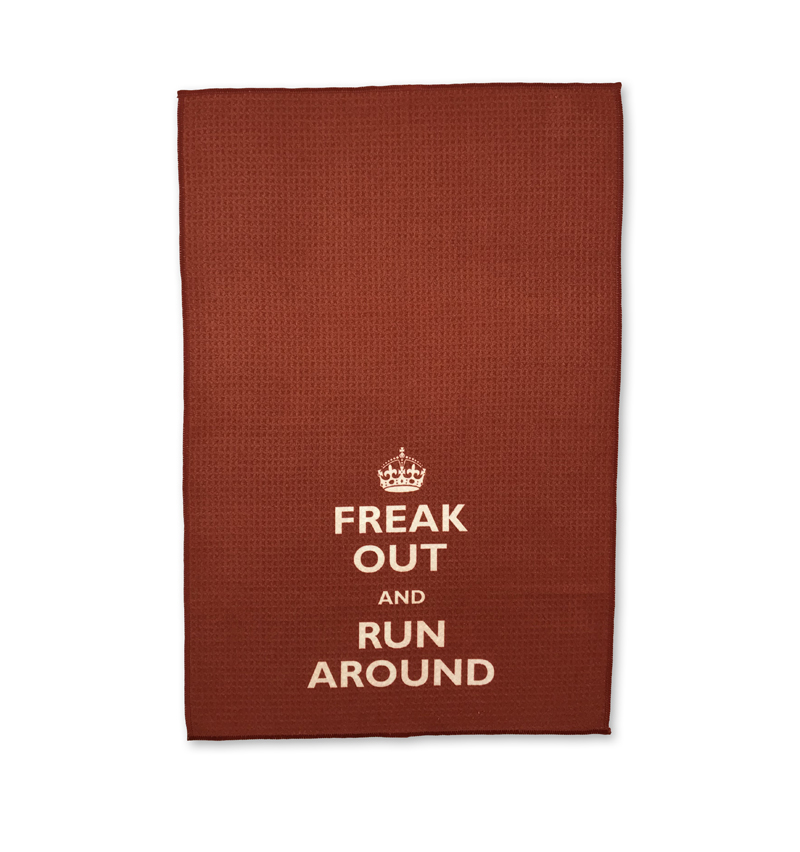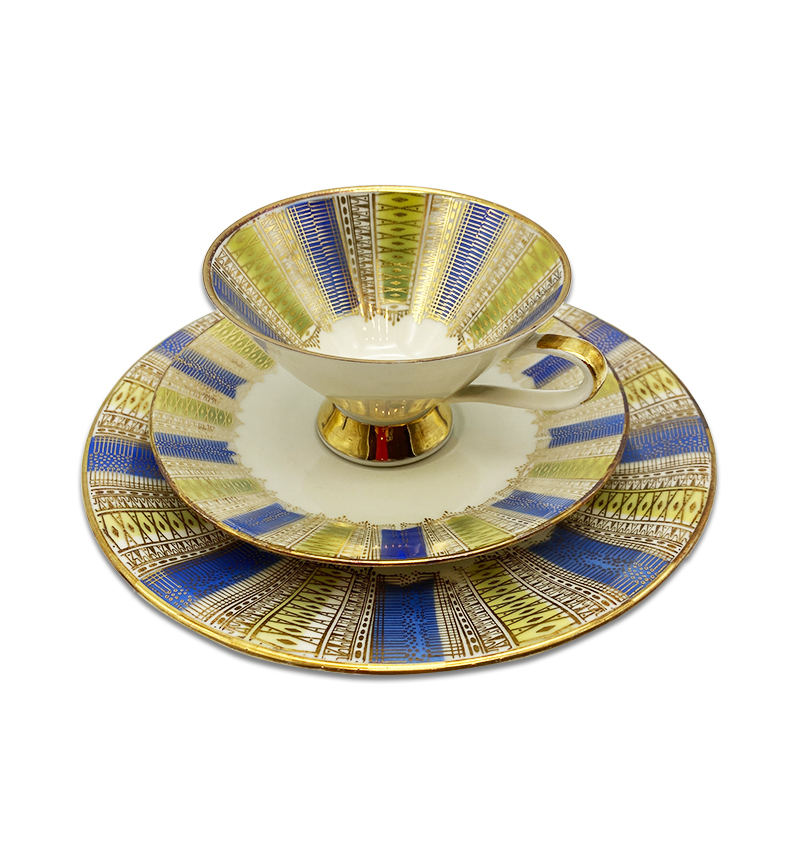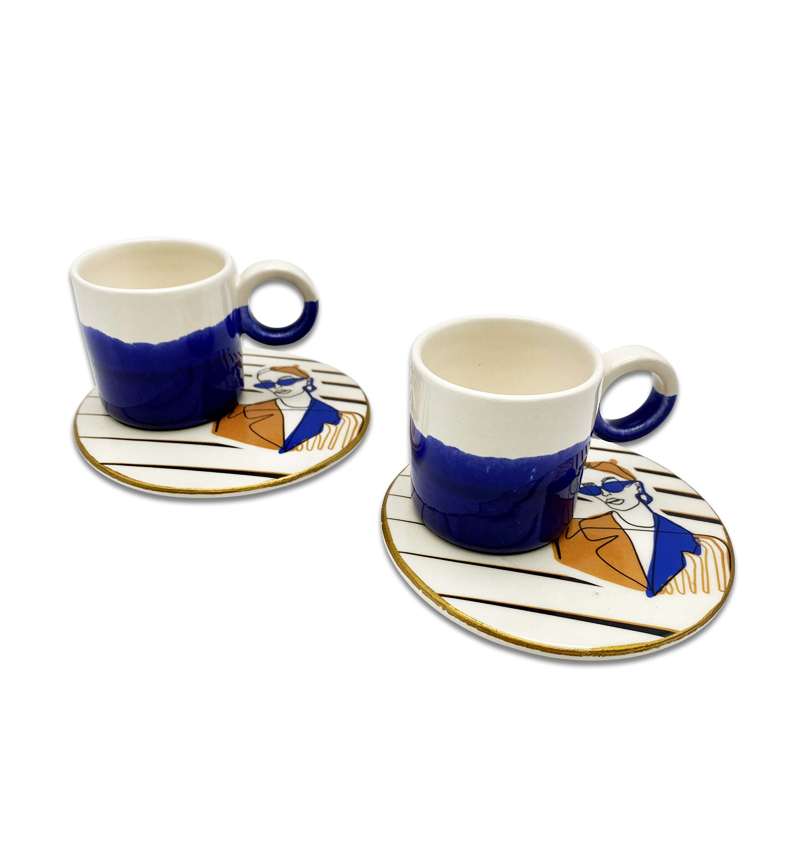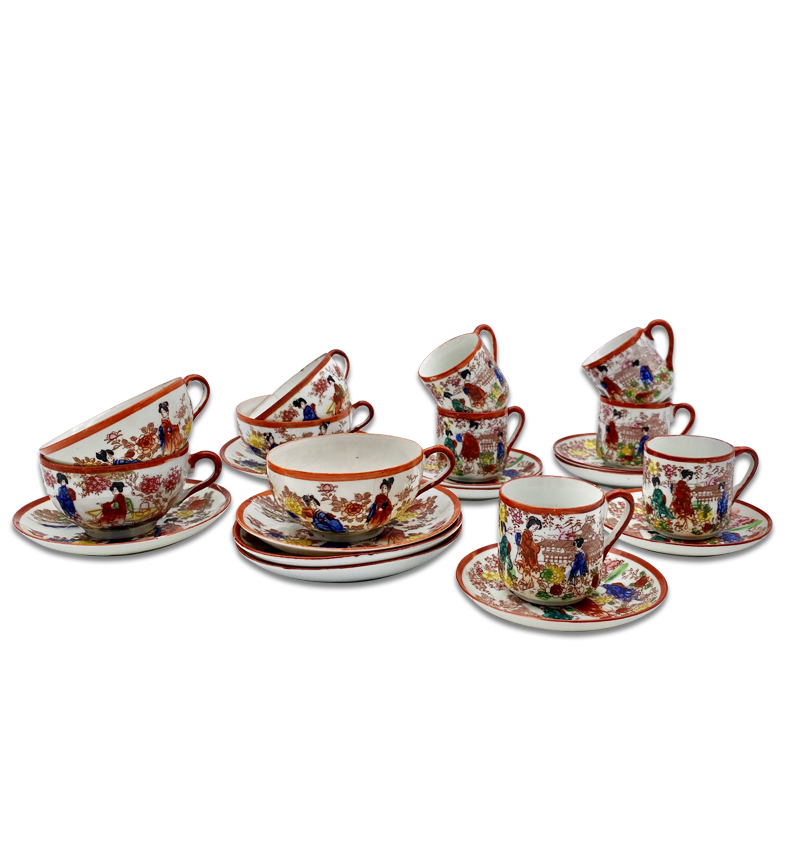“If I couldn’t, three times a day, be allowed to drink my little cup of coffee, in my anguish I will turn into a shrivelled-up roast goat.”
This line – which I’m sure we can all empathise with – is from one of Bach’s miniature comic operas, known as the Coffee Cantata, concerning a young woman obsessed with coffee and who insists on having it inserted in her marriage contract that she be allowed to brew coffee whenever she wants.
Its original name is Schweigt stille, plaudert nicht (“Be still, stop chattering”), which is exactly what we want to tell most people who insist on talking to us in the morning before we’ve had our first cup of coffee.
Let’s brew a welcome pot while we entertain you with some interesting facts about the history of the bean we all know, love…and depend on!
Damn, That’s Old!
The beginning of coffee can be traced all the way back to 800AD, when, as legend would have it, 9th-century goat-herders noticed how their goats were experiencing fits of erratic behaviour after eating the fruit of the Coffea plant. After that, a local monk concocted a drink from the same fruit and discovered it kept him up all night. Here’s to all those sleepless, caffeine-induced nights!
What’s In A Name?
Did you know that we actually only drink two types of coffee? The most popular one is called Arabica, while the less common variety is known as Robusta, which has a more bitter taste and much more caffeine. The word “coffee” also comes from the Arabic word for “wine”, qahwah, which evolved into kahveh in Turkish and eventually koffie in Dutch.
That’s Revolting!
Believe it or not, there were quite a few attempts stretching over two hundred years to have this delicious mixture banned, from the 1500s all the way up till the late 1700s. The first of these goes all the way back to 1511 in Mecca, where it was banned as it waS believed to be a stimulator of radical thinking.
Fast forward to the Boston Tea Party incident leading up to the American Revolutionary War, where we find the colonies ditching the age-old British preference for tea in favour of java so as to avoid King George III’s tax levies. Drinking coffee as a show of patriotism helped popularise the beverage in America, and also helped energise tired Civil War soldiers.
Drink Up, You’ll Look Great!
Don’t throw away those used coffee grounds! They can actually make a very effective DIY facial scrub. Turns out they’re the perfect physical exfoliators for removing dead skin cells, helping to make your skin fell smooth and look vibrant. Caffeine can also improve the blood circulation in your skin.



